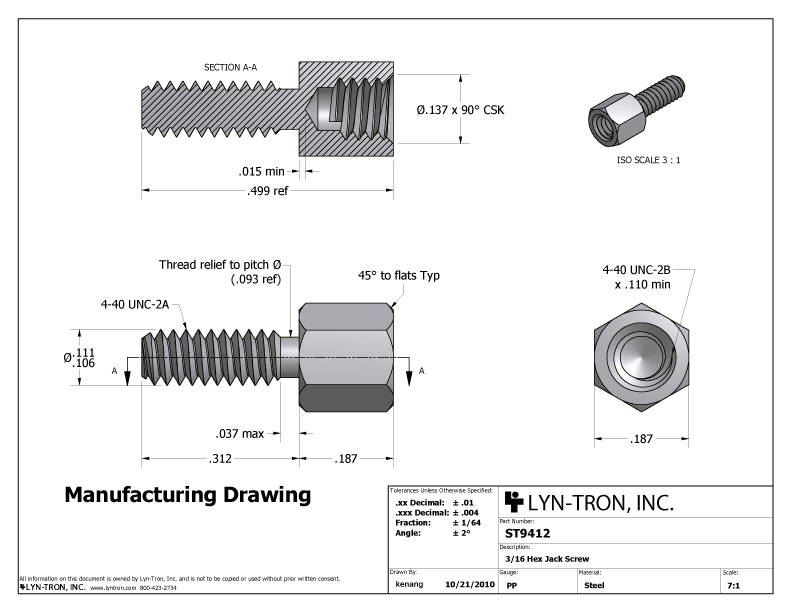When you install solar panels on your home, business, or another type of property, you’re creating a solar power system. A solar power system is made up of many different components — most importantly, the solar panels and the inverter. An inverter is a vital piece of a solar power system because it is what allows your home or business to use the solar energy as efficiently and conveniently as possible.
The inverter converts the direct current (DC) output from your solar panels into alternating current (AC) that can be used for anything from lights to laundry machines in your business or home — or any other appliances or electronics on your property that you want to run with solar energy instead of traditional grid supplied.
Here’s a quick explanation of what inverters do in a solar power system:
For More information please see https://www.dragonsbreathsolar.co.uk/product-category/victron-energy
What Do Inverters in Solar Power Systems Do?
The main thing an inverter does in a solar power system is to convert the DC power output from your solar panels into AC power which is the type of electricity that your home or business uses. This is necessary because while solar panels work using direct current (DC), virtually all the appliances and electronics we use every day require alternating current (AC).
Without a solar inverter, it would be impossible to utilise the solar power your panels are producing on a daily basis. However, there are many other important things that inverters do in a solar power system:-
Monitoring and regulating solar power generation to ensure maximum efficiency – Inverters also play a crucial role in regulating the amount of power being generated by the solar panels.
Solar panels create the most energy during the middle of the day, when the sun is at its zenith. Inverters actually monitor your energy usage to detect when your home or business is using more energy than usual, and they will automatically increase the amount of power being generated by the solar panels to meet that extra requirements as much as they can.
The amount of power generated by the solar panels can also be manually adjusted by the homeowner or business owner as needed.
Providing power when there’s insufficient sunlight – One of the biggest misconceptions about solar power is that it only works when the sun is shining. Of course, solar panels in general work at their highest efficiency when there are strong and direct rays of sunlight hitting them, but they can also create some power when there is partial sun or when the sun is behind clouds. An inverter deals with this by adjusting the amount of time it takes to produce a certain amount of power, which means that even when the sun isn’t strong, your home or business can still get power from the panels.
For More information please see https://www.dragonsbreathsolar.co.uk
How Much Do Inverters Cost?
Inverters come in a wide range of prices depending on the quality and capabilities of the unit. You can expect them to cost anywhere from £100 to £10,000 for an inverter for your solar power system. However, the majority of inverters for residential solar power systems fall in the £250-£3,000 range.
If you are having a solar power system, it’s important to remember that you’ll need to buy an inverter as well as your solar panels. Inverters are not included in the cost of solar panels, so you’ll have to add them to your overall solar power system cost.
How to Select an Inverter for Your Solar System
When selecting an inverter for your solar energy system, there are a few key details that you’ll need to consider before making a final decision.
Here are a few issues to think about before buying an inverter:
Amperage – Amperage is a measurement of how much power a given electrical circuit can cope with. When selecting an inverter for your solar power system, you’ll have to make sure that the amperage of the inverter is equal to or greater than the amperage required by your electrical devices. This will ensure that the inverter can handle all of the appliances and electronics that you’ll want to run on solar energy.
Wattage – Wattage refers to the amount of energy that your inverter can produce every hour. You’ll want to make sure that the wattage of your inverter is enough to meet the amount of energy that your home or business needs on a daily basis.
Voltage – The voltage of your inverter should match the voltage of your home or business’s circuit breaker in order to avoid any safety issues.
Conclusion
Inverters are a vital piece of a solar power system. The inverter being the thing that converts the direct current (DC) from your solar panels into alternating current (AC) that your appliances use. But they do far more than this, so do take the time to carefully pick an inverter when building your solar system.
For More information please see https://www.dragonsbreathsolar.co.uk
